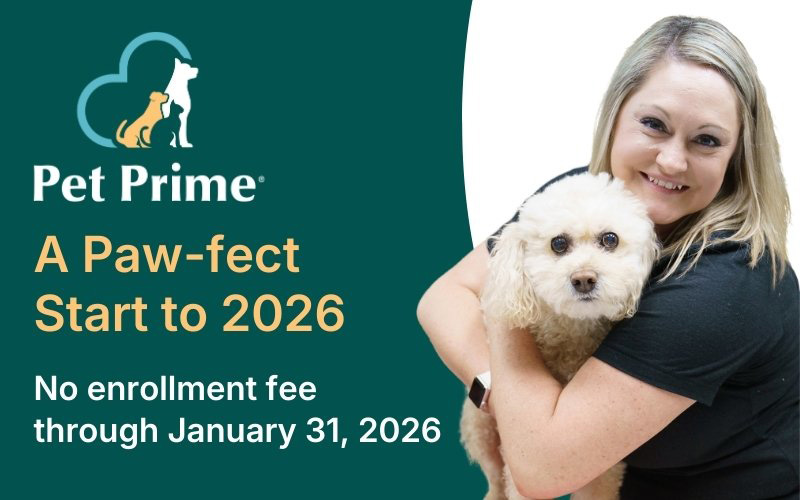
Fleas, ticks, heartworms, and intestinal parasites might be small, but the health risks they pose are anything but. Parasites are one of the most common yet preventable threats to your pet’s well-being. At Coventry Veterinary Clinic, we help you stay ahead with tailored parasite prevention plans for cats and dogs of all ages and lifestyles.
Whether your pet lounges on the couch or loves to explore the outdoors, parasite protection isn’t optional, it’s essential.
Parasites can invade your pet’s body with little to no warning. A scratch here, a mild cough there, signs often go unnoticed until the issue becomes serious. Some parasites cause nothing more than itching or discomfort. Others? They can cause lasting organ damage or even be fatal.
And it’s not just about pets. Many parasites, like roundworms and hookworms, can spread to humans, making proactive prevention a family health issue, not just a pet one.
Many pet owners let their guard down in cooler months, but parasites don’t take winters off. Fleas and ticks can live outdoors or inside warm homes all year long. Mosquitoes and other carriers thrive longer with changing weather patterns. Internal parasites? They don’t care what season it is.
Skipping even one or two months of heartworm prevention or flea and tick medication can leave your pet vulnerable. That’s why we recommend a 12-month parasite prevention plan that includes regular deworming, annual parasite testing, and consistent use of preventatives. Depending on your pet’s needs, these preventatives may be administered monthly or through longer-acting options, such as Bravecto Quantum, which provides extended flea and tick protection with fewer doses for dogs. Our veterinarian can help determine the most appropriate plan based on your pet’s lifestyle and risk factors.
When you visit Coventry Veterinary Clinic for dog and cat parasite prevention in Elkhorn, we take a big-picture approach:
Contaminated soil, infected pet waste, and even bedding can spread parasites to people. Children, seniors, and immunocompromised individuals are especially at risk. By staying on top of cat and dog parasite prevention, you’re protecting your entire household.
Don’t wait for itching, coughing, or stomach trouble to appear. Parasite prevention is simple, safe, and far more affordable than treatment. Let’s build a plan that works for your pet and your peace of mind.
Call Coventry Veterinary Clinic at (402) 819-2478 or book an appointment online to get started with cat and dog parasite prevention in Elkhorn today.

Pet care made simple with a Pet Prime® Membership.
Pet Prime® membership includes:
If you’d like to contact us, call us at (402) 819-2478 or request an appointment online.
Follow us on social media:
Closed daily from 12:30-1:30pm;
Wednesdays from 12:30-2:30pm